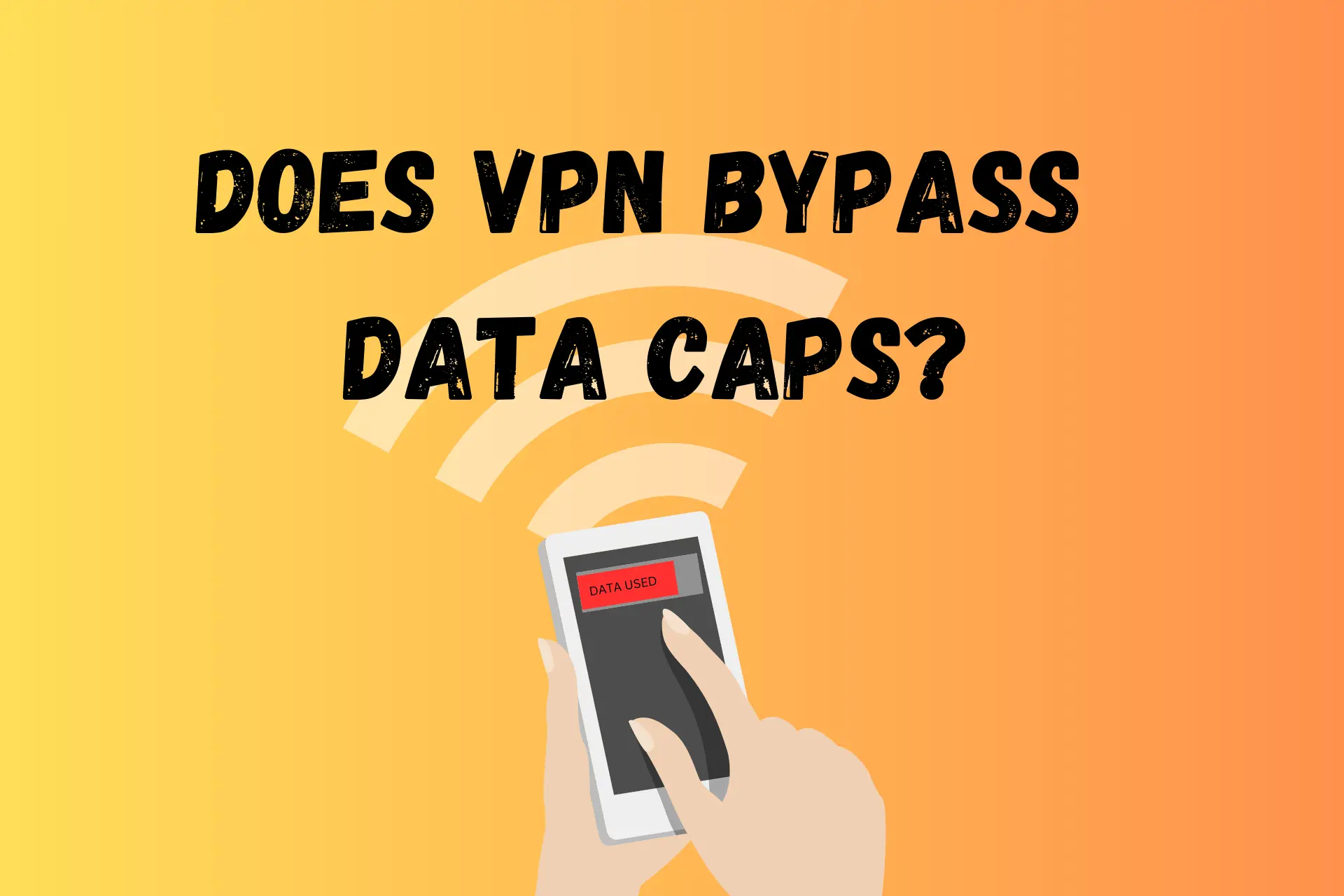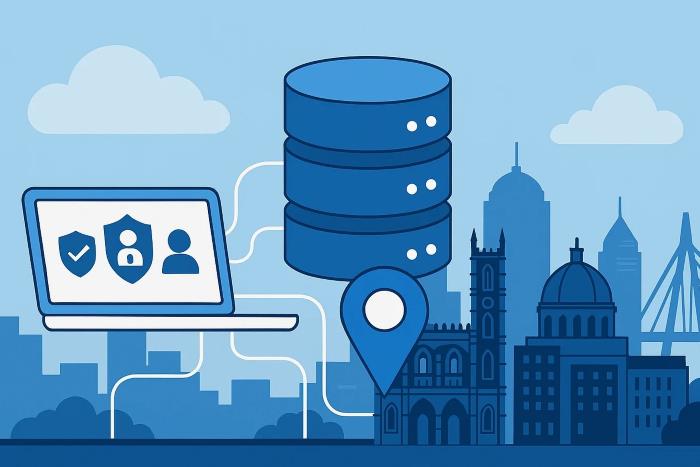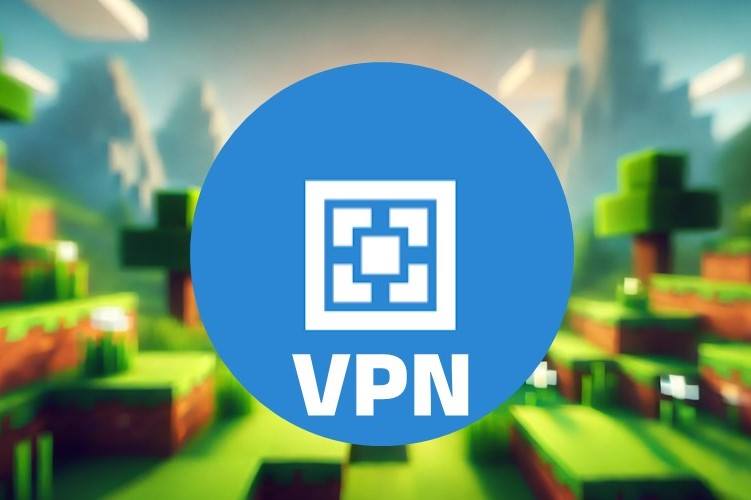Does VPN Bypass Data Caps? [All You Need to Know]
5 min. read
Updated on
Read our disclosure page to find out how can you help VPNCentral sustain the editorial team Read more

You may have come across the term data cap if you use the internet frequently.
A data cap is a limit that your internet service provider (ISP) sets on how much data you can use each month.
Once you reach this limit, your internet speed may slow down considerably, or you may have to pay extra fees to continue using the internet at the same speed.
Although a VPN can help protect your online privacy and security, can it help you bypass data caps imposed by your ISP?
We’ll answer this question in this article and explore some related topics.
Does a VPN bypass the data cap?
In short, the answer is no. A VPN cannot bypass the data cap imposed by your ISP.
Your ISP can still monitor and limit the amount of data you consume, even when you use a VPN.
A VPN only encrypts and redirects your internet traffic through a remote server in a different region or country, essentially hiding your online activity and location from prying eyes.
So, it makes it appear that you’re browsing from that location and not your actual one.
But you cannot connect to the VPN without connecting to the ISP network.
As a result, the data still passes through your ISP’s network before it reaches the VPN server and vice versa.
Therefore, if your ISP imposes a data cap on your internet plan, using a VPN won’t increase your data allowance.
The encrypted data still count towards your monthly data usage, and your ISP can still throttle your connection if you exceed the limit.
In fact, a VPN uses extra data, which means you might use up your data limit faster than usual.
So, a VPN won’t help you avoid the consequences if you reach your monthly data limit.
What happens if you go past your data limit?
If you go past your data limit, your ISP may either slow down your connection speed or charge you extra fees for the additional data usage for the remainder of the billing cycle.
The former can make your internet browsing, streaming, and downloading much slower than usual, making it difficult to use the internet effectively.
And it can be frustrating, especially if you need to use the internet for work, school, or other important tasks.
However, it all depends on the terms of your internet plan and the policies of your ISP.
But the best option at such time is to purchase more data for an extra fee.
Will a VPN stop cellular data throttling?
A VPN can prevent cellular data throttling, but it depends on the specific type of throttling implemented by your cellular provider.
Data throttling is when your provider intentionally slows down your internet connection speed.
Throttling aims to manage network congestion so all users can access a certain amount of bandwidth.
There are different ways that cellular providers implement data throttling, but two common methods are based.
- The amount of data used: Some providers may slow down your connection speed after using a certain amount of data, regardless of the content you’re accessing.
- The type of content: Other providers may slow down your connection speed only for certain types of content, such as video streaming or file sharing.
Using a VPN can bypass the second type of throttling, as it encrypts your internet traffic and makes it more difficult for your WiFi owner to identify the type of content you access.
However, a VPN may not be effective in preventing the first type of throttling based on the amount of data used.
Also, using a VPN may not always improve your internet speed; in some cases, it may even slow down further.
This is because the VPN encrypts your traffic, which can add overhead and delay your connection.
Can a VPN bypass speed caps?
Yes, VPN can sometimes bypass the speed cap.
A speed cap is a limit your ISP sets on your internet speed, regardless of how much data you’ve used.
When you use a VPN, your internet traffic is encrypted and routed through a remote server, hiding your IP address and other identifying information from your ISP.
This makes it harder for them to track your online activity and determine which applications or websites to throttle.
By masking your online activity, a VPN can help you bypass speed caps and enjoy faster internet speeds.
However, you must go for the best VPNs available, as not all efficiently bypass speed caps.
Summary
A VPN cannot bypass the data cap imposed by your ISP. However, it can still help protect your online privacy and security.
One way to solve data issues is to purchase additional data for extra fees or use a VPN to improve your speed.
Luckily there are tons of reliable VPNS on the market and many of them offer great price deals.









User forum
0 messages